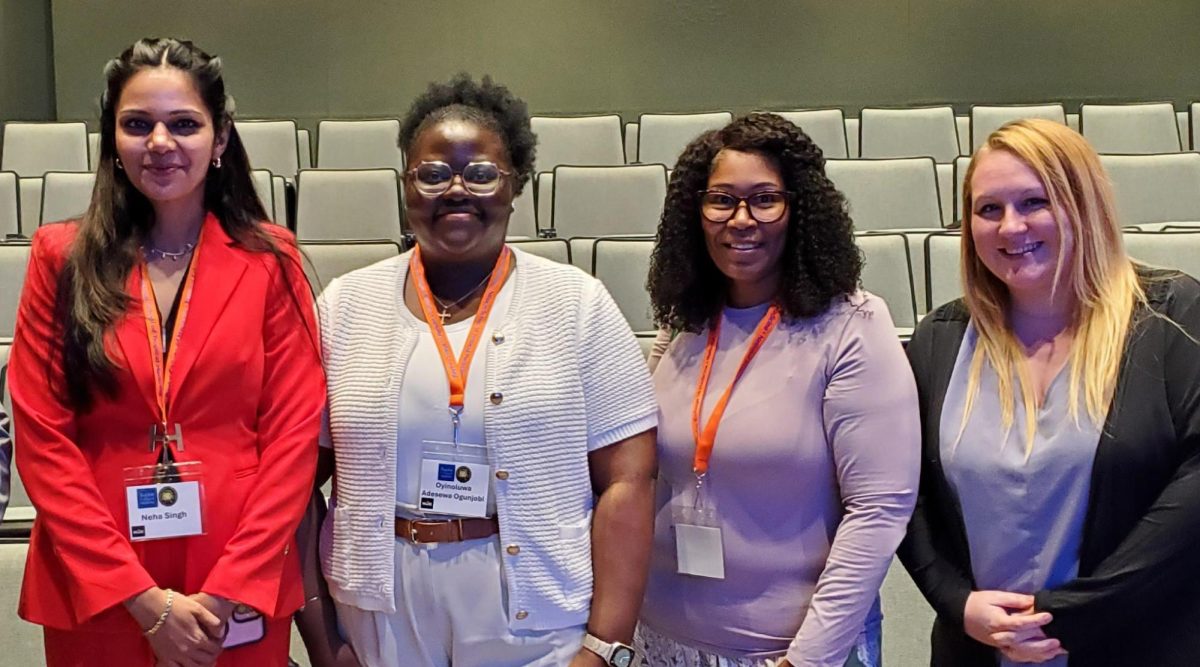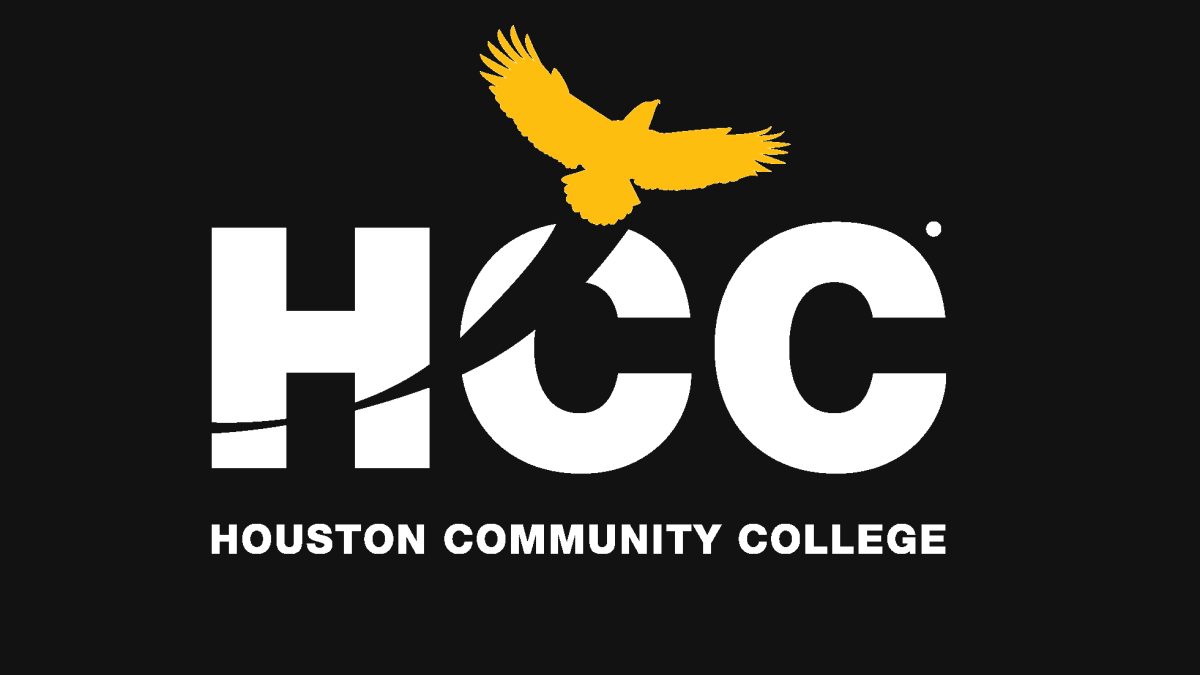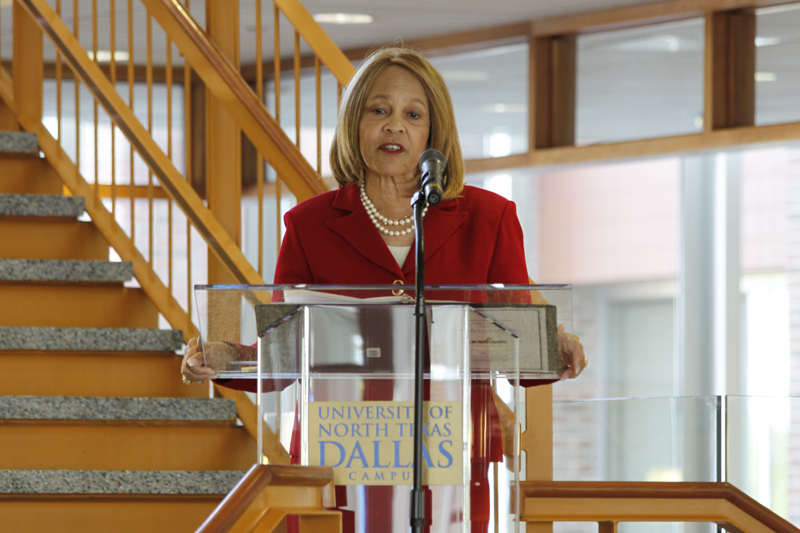House Bill 2223
Future of developmental courses
November 3, 2017
“These students need advising, they need direction, and what we are doing now simply isn’t working,” said Rep. Helen Giddings, D-DeSoto, who authored the law, House Bill 2223. Representative Hellen Giddings (Dallas) has filed House Bill 2223 to overhaul development courses in the education System in Texas.
“For too long, developmental education has been a well-intentioned, but failed investment. Instead of guiding students to college readiness, it has too often served as a roadblock to success,” Representative Giddings asserted at the meeting in Austin, TX.
Texas House Bill 2223 was introduced to assist students who fall within the developmental threshold. Developmental courses will no longer exist in 2019. There will still be courses for those having problems but they will not be held as often as they are currently. Under this bill, each institution of higher education shall develop and implement, for developmental education, a co-requisite model under which a student concurrently enrolls in a developmental education course and a freshman-level course in the same subject area for each subject area for which the student is referred to developmental coursework.
“This is a major reform,” said Jacob Fraire, president and CEO of the Texas Association of Community Colleges. “It is a major rethinking of how we provide instruction.”
Allowable appropriations for a general academic institution’s developmental education program would be reduced from 18 to 9 hours and down from 27 to 18 hours for public junior colleges, public technical institutes, or public state colleges. Exceptions exist if the developmental course is in English for a non-native speaker. If the student fails, the university will offer the student a range of competency-based education programs to assist the student in becoming ready to perform freshman-level academic coursework in the applicable subject area.
“This type of work that affects the people that we serve in Texas and has impact in the country is the type of work that we are talking about,” Goonewardene said during the meeting in Austin, TX
The vision for Texas House Bill 2223: By fall 2017, Texas will significantly improve the success of underprepared students by addressing their individualized needs through reliable diagnostic assessment, comprehensive support services, and non-traditional interventions, to include modular, mainstreaming, non-course competency-based, technologically-based, and integrated instructional models.
The bill is there to take away all developmental courses in all public colleges and universities in the state of Texas.
Each institution of higher education shall establish a program to advise students regarding coursework and other means by which students can develop the academic skills required to successfully complete college-level work.
Instead of having developmental courses there will be extra work for students to work on and extra help for students who do not meet college-readiness.
Each institution of higher education shall develop and implement for developmental coursework, other than adult basic education or basic academic skills education, developmental education using a co-requisite model under which a student concurrently enrolls in a developmental education course and a freshman-level course in the same subject area for each subject area for which the student is referred to developmental coursework. Each institution shall ensure that at least 75 percent of the institution’s students enrolled in developmental coursework other
than adult basic education or basic academic skills education are enrolled in developmental coursework described by this subsection.
Sarah Ancel, vice president of state policy at Complete College America, said “remediation deters students from graduating. Each developmental course leading up to the gateway course can discourage students, so creating co-requisite classes can help students move forward, she said at the meeting in Austin, TX.
The latest figures from the Texas Higher Education Coordinating Board show that only 9 percent of underprepared students enrolling in community college developmental education completed a first-level math course, 26 percent completed a first-level reading course, and 21 percent completed a first-level writing course. This is despite 87 percent of community college students not being deemed college ready in at least one subject. “Texas universities are the breeding ground for innovation, yet at this time, it is difficult to get those good ideas into the marketplace,” Button said during the meeting in Austin, TX.
























